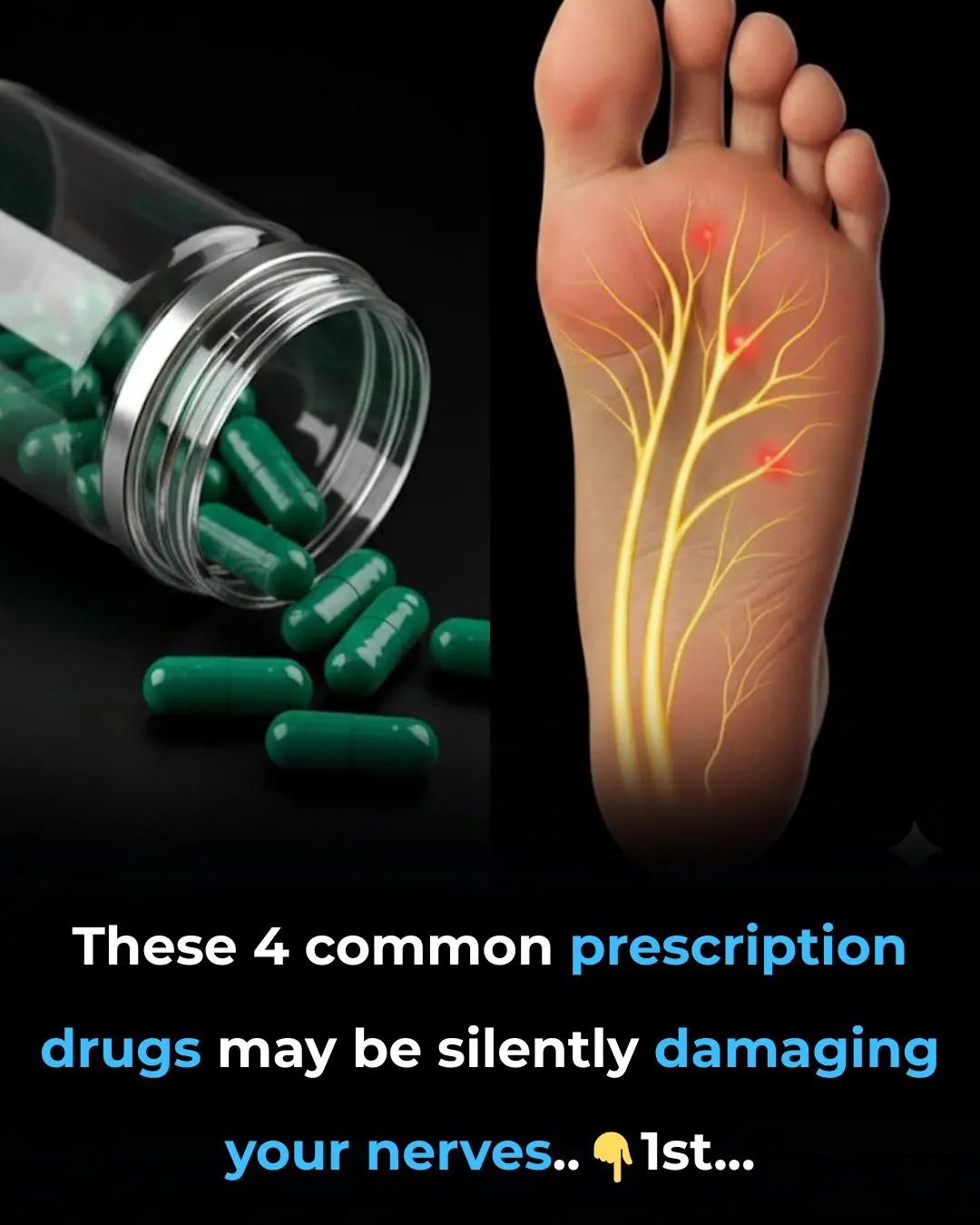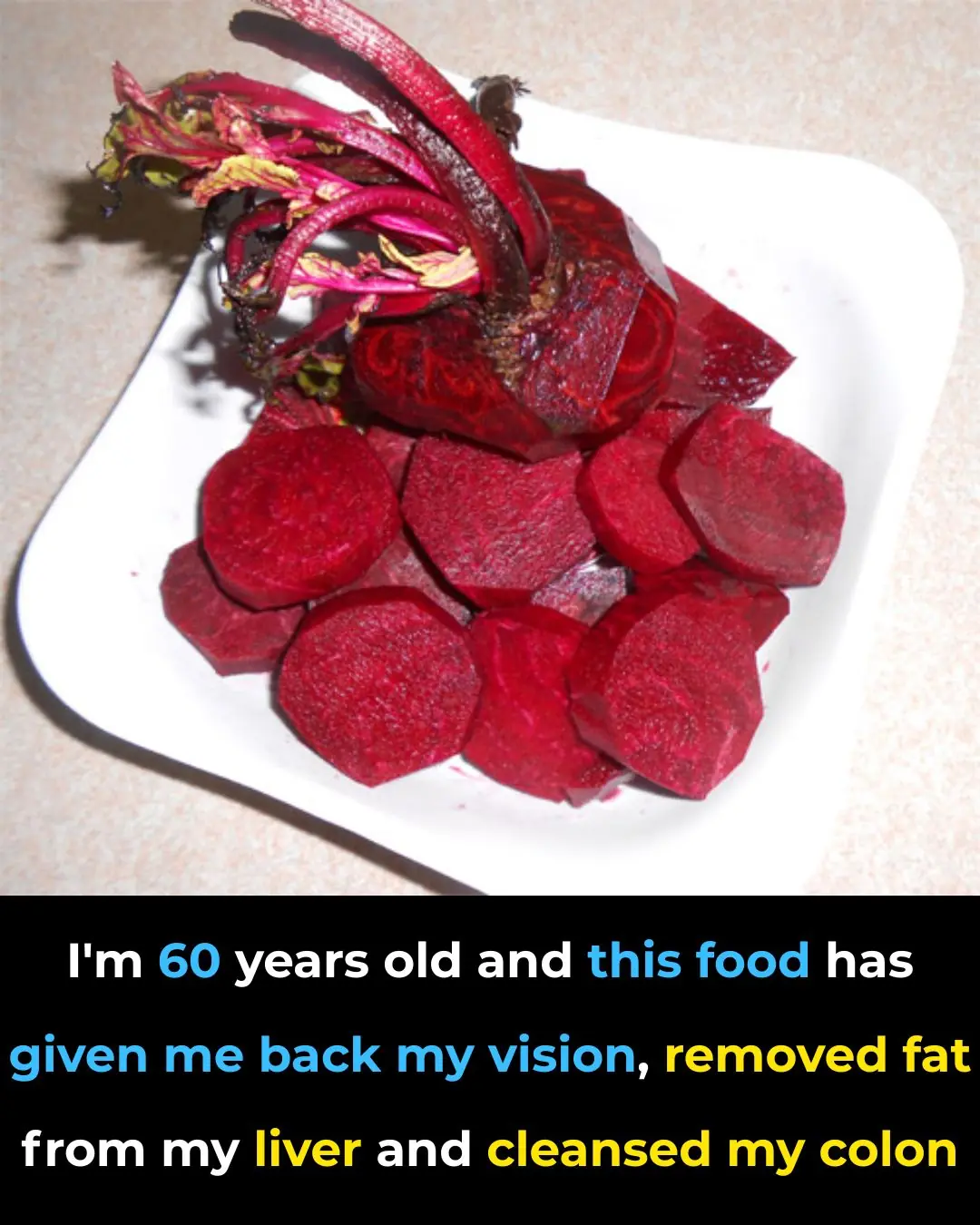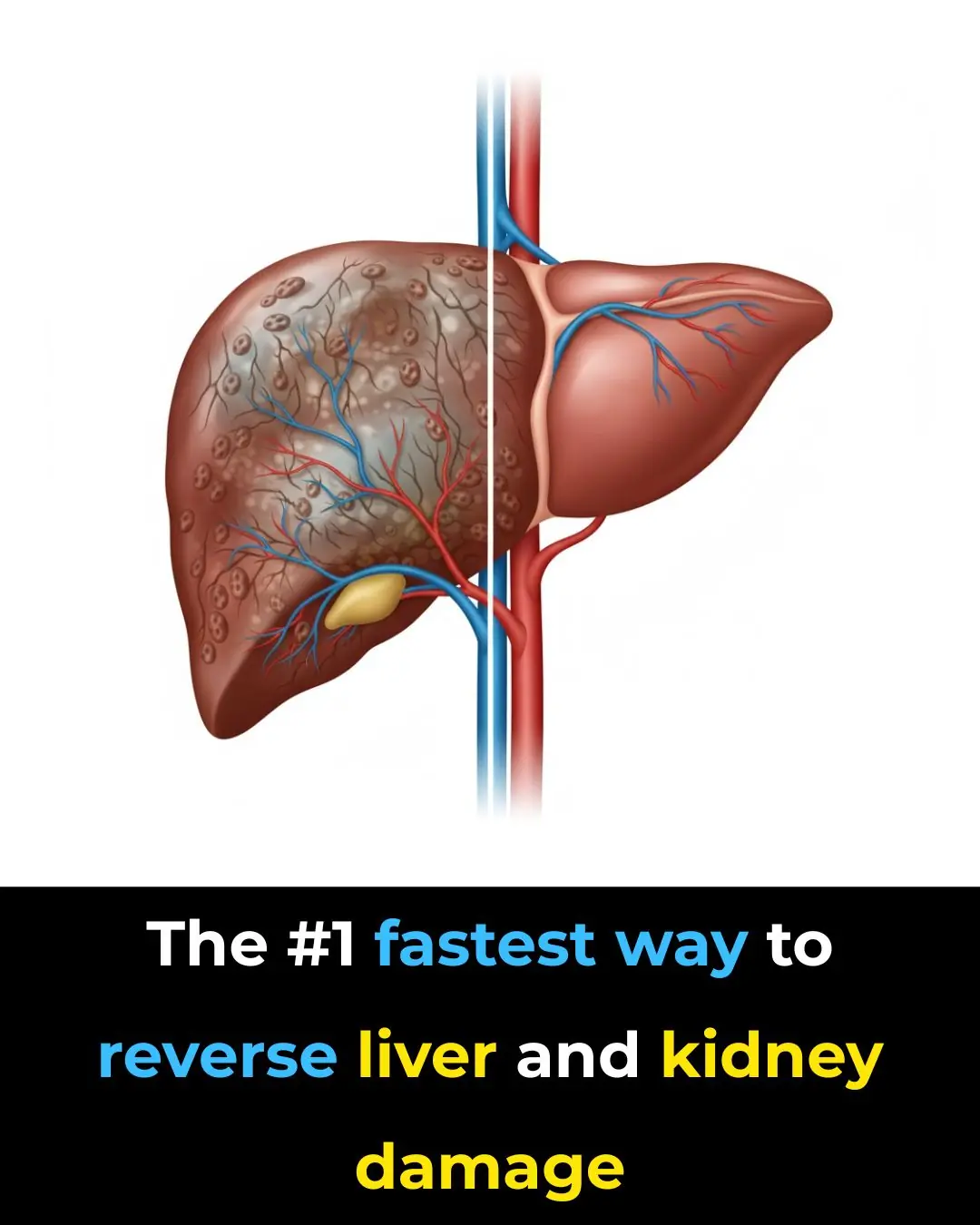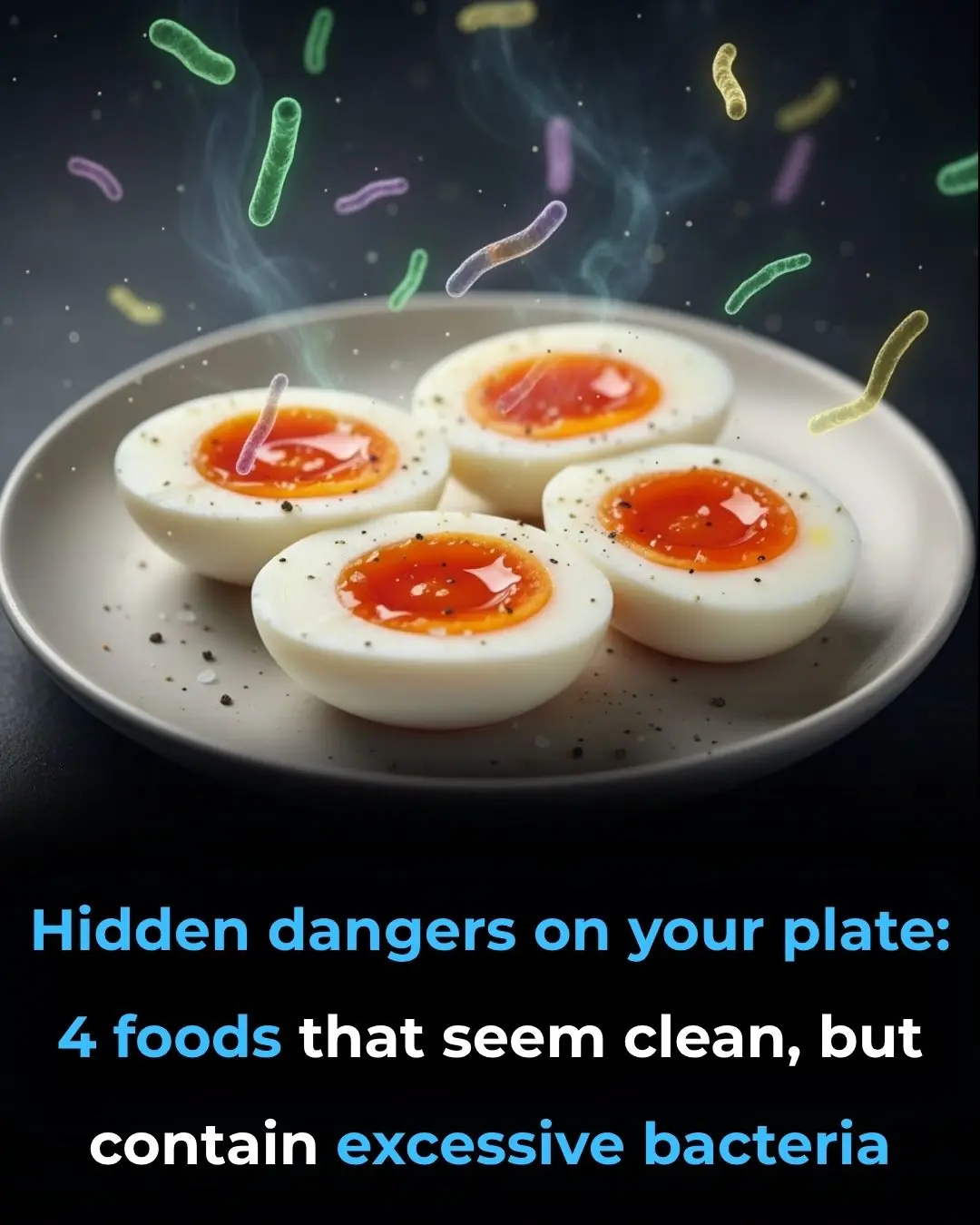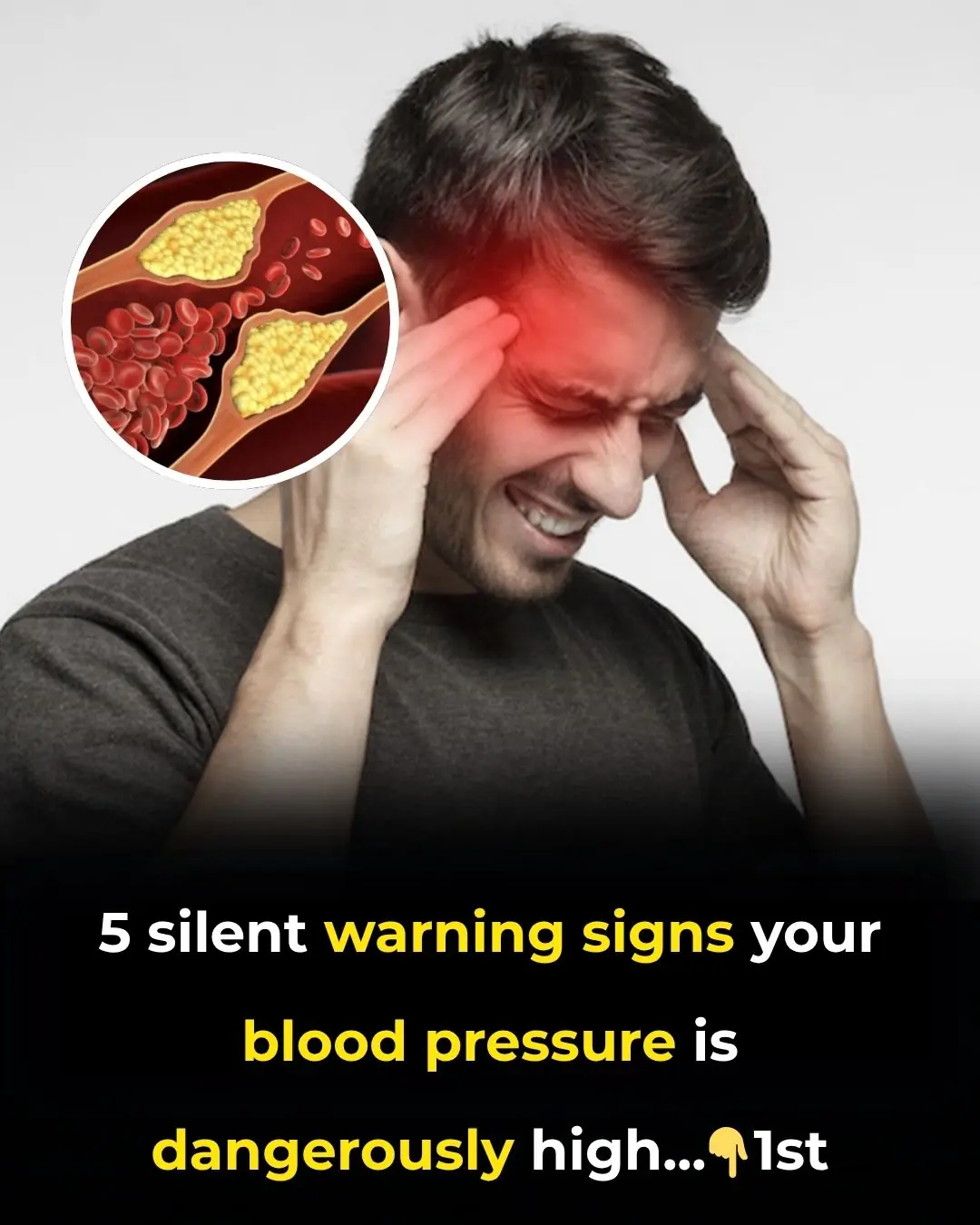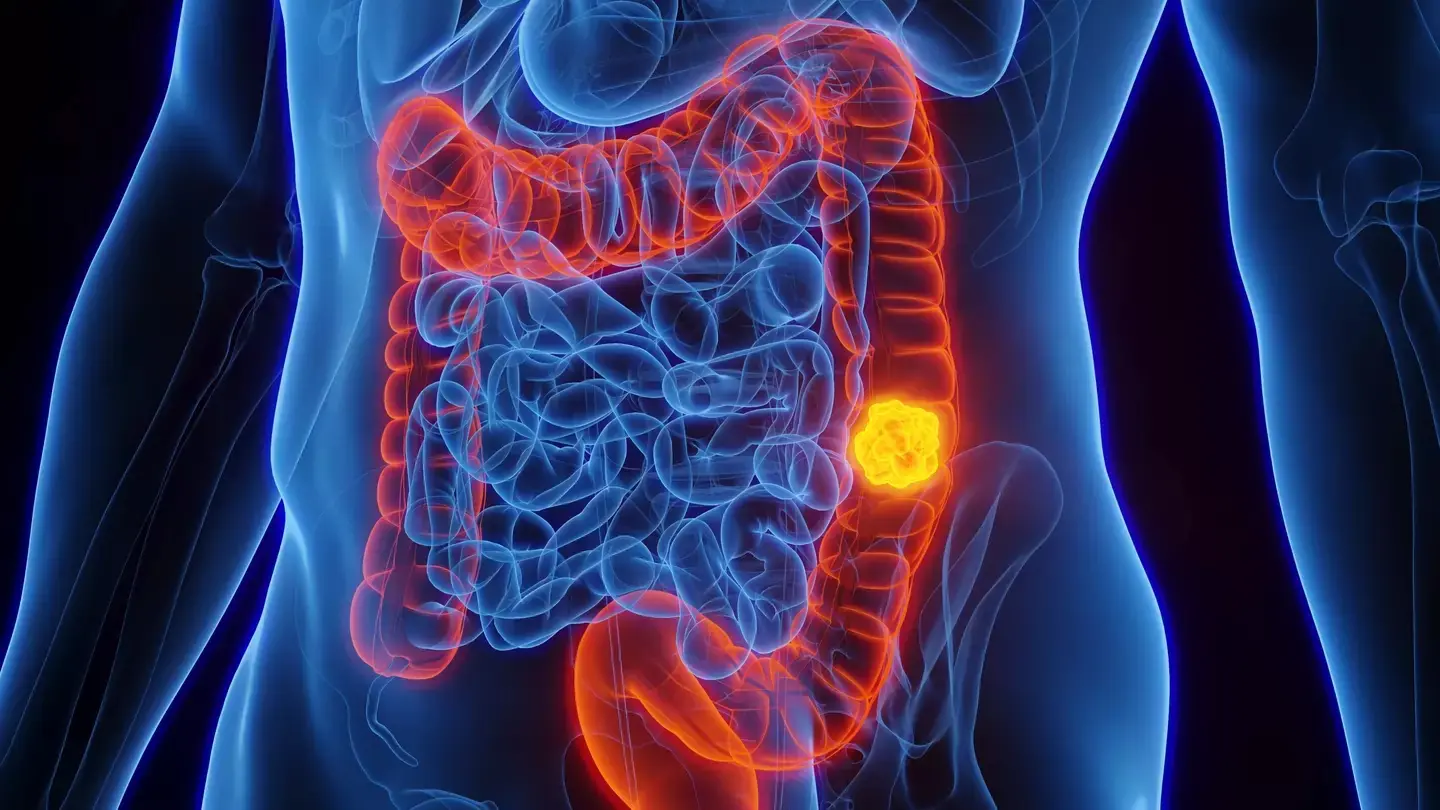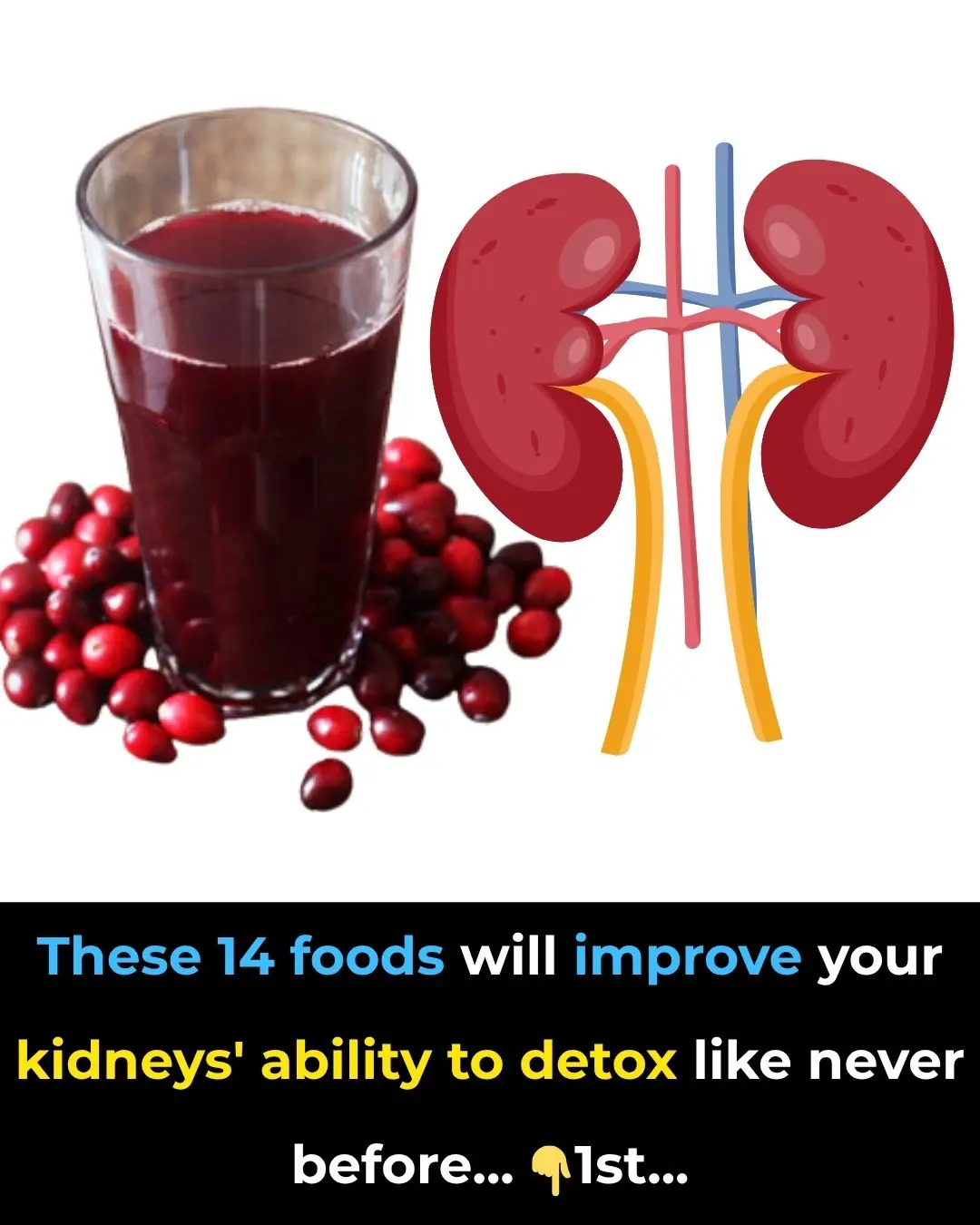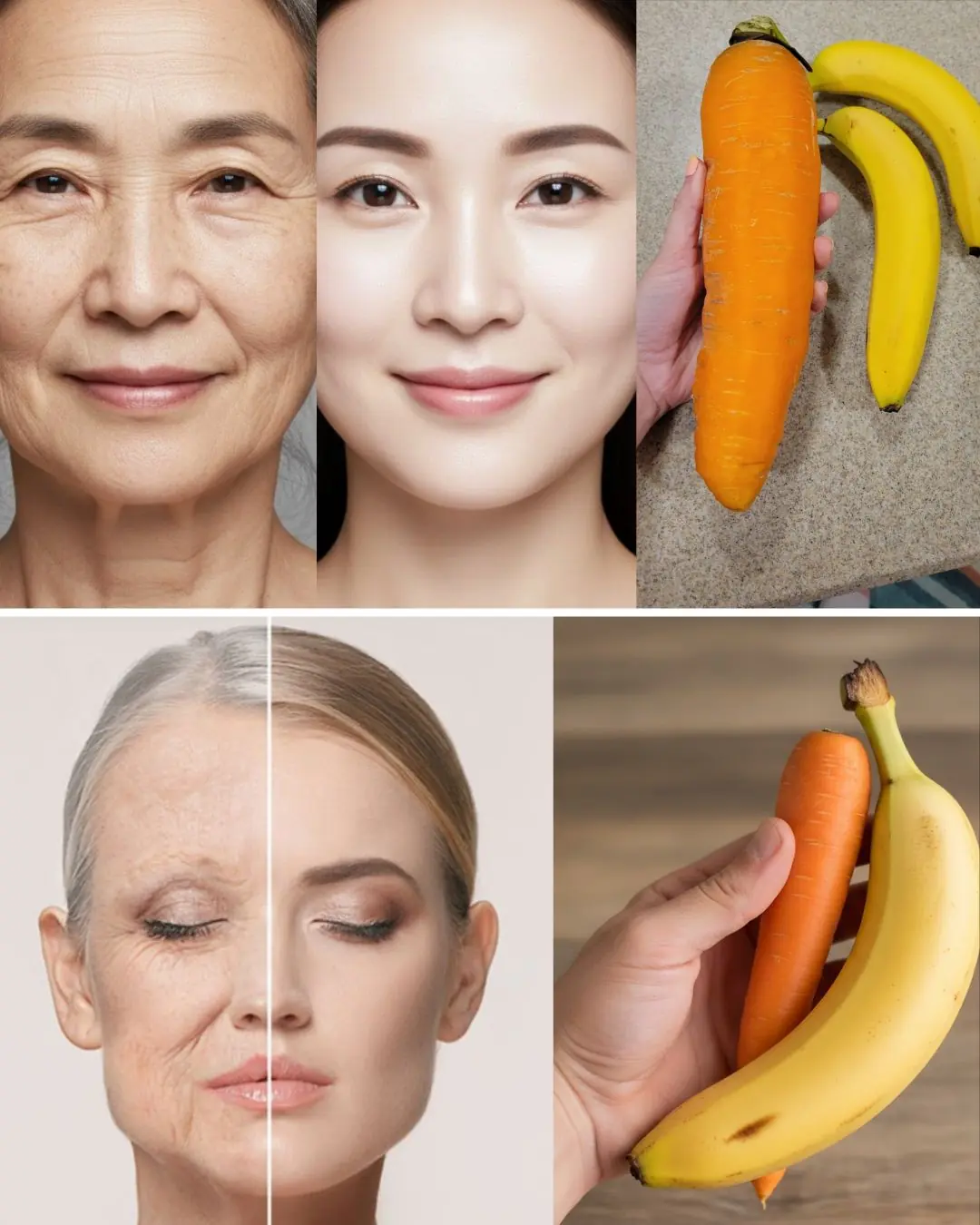Stroke is one of the leading causes of death and long-term disability worldwide. What makes it especially dangerous is that it often strikes suddenly, without warning, and can affect people of any age—not just the elderly. While many risk factors such as genetics cannot be changed, daily habits play a crucial role in preventing stroke. By being mindful of what you do after meals and before going to sleep, you can significantly reduce your risk. Here are the essential “3 Don’ts” after meals and “4 Don’ts” before bedtime that everyone should follow to stay safe.
The “3 Don’ts” After Meals
1. Don’t lie down immediately
Many people have the habit of resting or napping right after eating, but this can negatively affect digestion and increase acid reflux. Poor digestion puts additional stress on the cardiovascular system and may indirectly raise stroke risk in individuals with hypertension or heart problems. It is recommended to sit upright or take a gentle walk for 10–15 minutes to support proper digestion and blood circulation.
2. Don’t smoke
Smoking right after a meal is considered even more harmful than smoking at other times. The digestive process increases blood circulation, causing the body to absorb nicotine and toxins more rapidly. This accelerates the narrowing of blood vessels and raises blood pressure—two major contributors to stroke. Avoiding cigarettes altogether is best, but if you smoke, never do so right after eating.
3. Don’t drink alcohol
Some people enjoy a glass of wine or spirits after meals, but alcohol can temporarily spike blood pressure and thicken the blood. Over time, this weakens blood vessels, making them more prone to rupture or blockage. Drinking alcohol right after meals especially burdens the liver, reduces blood flow to the brain, and increases stroke risk. Replace alcohol with water or herbal tea to support heart health.
The “4 Don’ts” Before Bed
1. Don’t stay up late
Chronic sleep deprivation increases inflammation, raises blood pressure, and stresses the heart. People who sleep fewer than 6 hours per night are significantly more likely to experience stroke. Establishing a regular sleep schedule helps regulate blood pressure and supports brain health. Aim for 7–8 hours of quality sleep every night.
2. Don’t eat heavy meals or snacks
Eating before bed forces the body to continue working while it should be resting. This can elevate blood pressure and increase nighttime blood sugar levels, both of which contribute to stroke. If you must eat, choose something very light—such as fruit or yogurt—and finish at least 2 hours before sleeping.
3. Don’t engage in intense emotional stress
Arguing, worrying excessively, or working under pressure before bed can cause adrenaline levels to surge. This triggers a rapid rise in blood pressure, which can be dangerous for people with hypertension. Stress management is key to stroke prevention—try light stretching, meditation, or deep breathing exercises before sleep.
4. Don’t ignore unusual symptoms
Headache, dizziness, numbness, blurred vision, or sudden fatigue before bedtime should never be overlooked. These can be early warning signs of stroke. If these symptoms appear suddenly and feel unusual, seek medical attention immediately. Early detection can save lives and prevent long-term damage.
By following these simple “3 Don’ts” after meals and “4 Don’ts” before bedtime, you can significantly lower your risk of stroke and protect your long-term health. Small, consistent lifestyle changes make a powerful difference. No matter your age, taking these precautions today can help ensure a safer, stronger, and healthier tomorrow.



